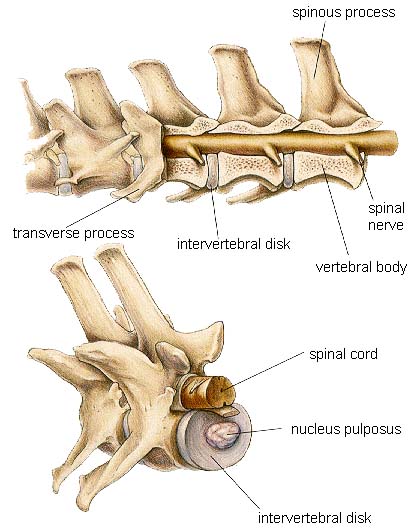About
Diseases and Conditions:

Meningoencephalitis: Meningoencephalitis is inflammation of the brain, and the surrounding fluid and tissues.
Different parts of the brain can be affected by meningoencephalitis, symptoms can include unsteady balance, weakness, and seizures. Symptoms can worsen.
Diagnosis does require a cerebrospinal fluid (CSF) analysis and an MRI
Brain Disease
Seizures/Epilepsy
- Most common causes of seizures: Younger patients
- Infection
- Birth defect
- Idiopathic
- Toxin
- Most common Causes of Seizures: Older patients
- Infection
- Neoplasia
- Toxin
- Stroke
Diagnosis does require a cerebrospinal fluid (CSF) analysis and an MRI
Back & Neck Weakness & Pain:
Intervertebral Disk Disease (IVDD):
(Commonly referred to as a spilled, bulging, and ruptured disk as well as a pinched nerve)
The Spine is made up of boney segments called vertebrae, which are joined by ligaments, muscles, and fibrous structures called intervertebral disks. These intervertebral disks act as shock absorbers between vertebrae. A disk consists of a fibrous outer ring and an inner section that is soft and jelly-like. The fibrous outer ring is thinner at the top portion than at the bottom. When a disk becomes diseased, either through gradual degeneration or injury, the thinner portion of the outer ring gives way and the disk bulges into the spinal canal located directly above the disk. If the disk ruptures completely, the outer ring collapses and the inner portion (Jelly-like portion) is forced in the spinal canal. A bulging or ruptured disk can cause pressure or damage to the spinal cord resulting in pain, weakness, incoordination or paralysis.
Diagnosis does require advanced imaging (Myelogram or MRI)
It is important to note that once your pet has lost complete sensation (does not have the ability to feel deep pain of any sort) immediate treatment is essential. Dr. Schueler is available 24 hours for emergencies
Surgical intervention requires short hospitalization, lasting typically three days. Most of our surgical patients no longer require any pain medication and return to their normal activities after the eight-week restrictive period.
Neurotrauma:
- Vehicular accidents involving brain/skull trauma
- Fractured Neck, back, skull
Fibrocartilaginous Embolic Myelopathy (FCE) – Commonly known as a stoke
FCE is a spinal cord disease that is commonly associated with large and giant breed dogs. It usually has an acute onset and is non-progressive. Patients experience either short course of pain or no pain at all. The disease can be present with anything from monoparesis to tetraplegia.
Diagnosis does require advanced imaging (Myelogram or MRI)
Tickborne Diseases
- Anaplasmosis
- Babesiosis
- Ehrlichiosis
- Lyme Disease
- Bartonella
- Rocky Mountain Spotted Fever
- Rickettsia
Send us a Message
Visit Our Office
3132 Halter Road Westminister, Maryland 21158
Call Us Today
410.840.9559 (24-Hour Emergency Telephone)
